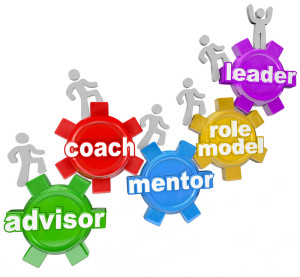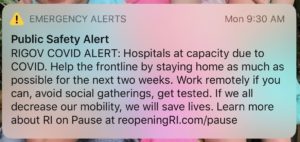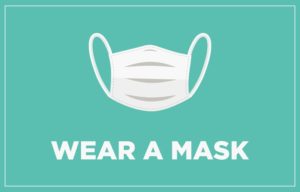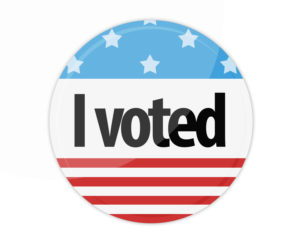The calendar is a familiar demarcation for the close of one year and the start of a new year. We celebrate together and make resolutions alone. Never in my lifetime has there been a year that I have wanted to  see in the rear-view mirror more than 2020. I know that I’m not alone in that sentiment. But the true demarcation will only come later in 2021 when enough people have been vaccinated and we can say this pandemic is largely behind us.
see in the rear-view mirror more than 2020. I know that I’m not alone in that sentiment. But the true demarcation will only come later in 2021 when enough people have been vaccinated and we can say this pandemic is largely behind us.
Health IT leaders and their teams across the country have demonstrated incredible creativity, collaboration, resilience, and commitment to their communities this past year. I am in awe of and encouraged by what they have accomplished.
As we come out of this long, dark period in our history with so much loss and so much learned, like others I have some advice for IT professionals next year.
My StarBridge Advisors colleague, David Muntz, has already shared his thoughts on the challenges and opportunities for the coming year as he does each year in a View from the Bridge blog post – “12 Steps to Prepare for 2021 – Big Challenges – Bigger Opportunities”. As always, David has done an excellent job of capturing the key ones with his comments on collaboration, reinventing your IT organization, partnerships, life-work balance, cybersecurity, SDOH, EHR satisfaction, ERP solutions, and more.
I’ll add a few to the list:
-
- Capture and institutionalize what allowed your team to work at “COVID speed” – laser focus, fewer concurrent priorities, rapid decision making, and funding.
-
- Double down on efforts to increase interoperability within your system and region. Enhance your analytic capabilities. Scale and extend virtual care options which will continue to represent a good portion of care even post-pandemic.
-
- Establish the right balance of onsite and remote work for your team once it is safe to return to the office. Account for both the organization’s needs, and your employees needs. Continue to be flexible knowing your team delivers regardless where they are working. Use your new model as an opportunity to rethink your recruitment and talent strategy.
-
- As CIO claim your expanded role whether it is as Chief Digital Officer, Chief Innovation Officer, or leading a non-IT operational area. You have more than proven yourself during this pandemic and the rest of the c-suite knows it.









